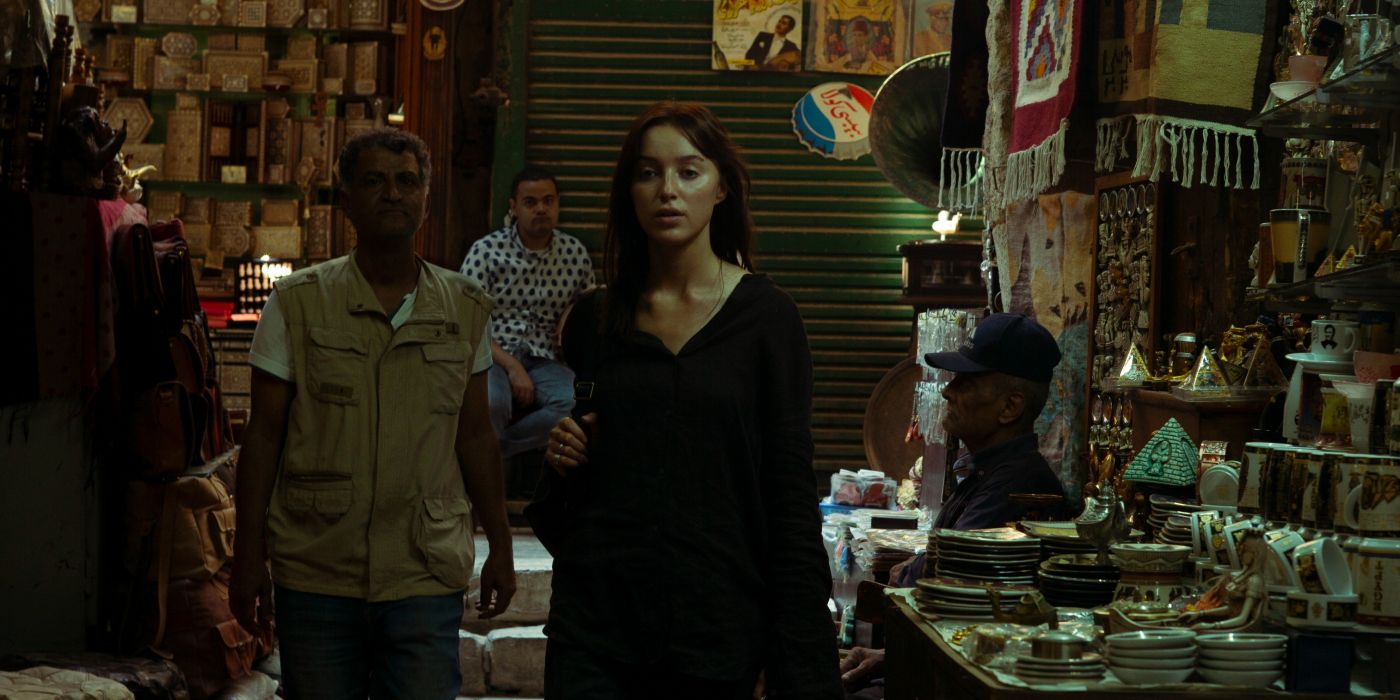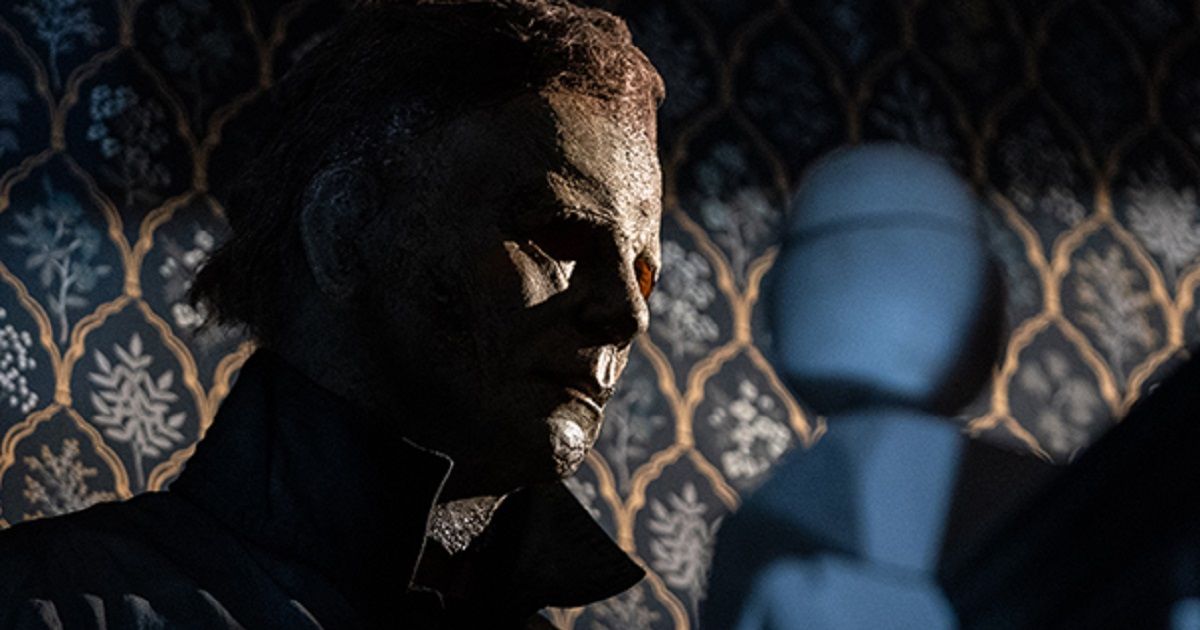While Petzold isn’t known for anything like overt jokiness, he’s poking a little fun at himself here. As it happens, “Afire” (its original German title is “Roter Himmel” or “Red Sky”) is the second film of a quartet whose theme will be the elements; Petzold’s last film, “Undine,” had water as its defining element. The fire in this film spreads through forests on the German island where Leon and Felix have gone on a work retreat.
After their car breaks down and they’re forced to hoof it to a vacation house owned by Felix’s family, Leon and Felix, the precise nature of whose relationship we are never quite sure of, are surprised that there’s another lodger there. The beguiling Nadja is played by the beguiling Paula Beer in the third of her films with Petzold. (In “Undine,” she played a mermaid. Sort of.) Nadja is heard before she is seen, engaging in enthusiastic sex in the main bedroom of the thin-walled house. This makes Leon silently, seethingly crazy—almost everything makes Leon silently, seethingly crazy—but it turns Felix on a little bit. When finally visible, Nadja is cheerful and open. Soon we meet her sex partner, Devid—the spelling, Felix notes, in “an old GDR quirk”—who’s a rescue swimmer at the beach. As Felix, Devid, and Nadja enjoy the summer, Leon frets over his latest novel. His editor, a kindly older man, is coming to the island to discuss the manuscript of the novel, titled “Club Sandwich.” Shortly after he learns that Nadja spends her days as an ice cream vendor near the island’s deluxe hotel, Nadja asks him to look at the book. He scoffs. A cleaning lady once asked him to read a story of his, and she pronounced it “a little schmaltzy.” If the assessment of a cleaning lady could set off such a paroxysm of self-doubt … well, Leon doesn’t complete that thought, but we get it. When his editor shows up, Leon is in for a surprise about Nadja that ups the ante in what seems to be a sad-sack comedy of failure.
For much of “Afire,” Petzold really drops the hammer down on Leon, and everything that happens to him does nothing to compel him to react with any less petulance. When Felix and Devid start their own sexual affair—which Nadja has no problem with and which Leon observes with a vague exasperation—the dramatic stakes of the movie ascend not unlike the flames that the quartet can see from the roof of their house as it devours forest land.
Petzold has been quietly and industriously building one of this century’s most consistently impressive filmographies. The compulsively literate (and literary-allusive) dialogue here, combined with the precise but unshowy mise-en-scene and editing, may, for some, call to mind the late, great Èric Rohmer. But Petzold, while not without humor, is a generally graver filmmaker than Rohmer, and the way this film steers into tragedy is wrenching. It leads to a conclusion that in some respects could be called pat, but it also justifies itself well enough—largely due to the exceptional work of the actors, particularly Schubert and Beer—to pass muster. Like all of Petzold’s recent pictures, “Afire” draws you in confidently and prepares its knockout emotional punch with scrupulousness and a vivid sense of surprise.
Now playing in theaters.
You can view the original article HERE.





























